… lower interest rates ’ll spur domestic investment, production, create jobs and wealth
…foreign borrowing has created highly imbalanced, imperfect economy
Taking a holistic look at the nation’s economy, Asiwaju Bola Tinubu, the All Progressives Congress (APC) National Leader, said on Sunday that the banking system, exchange rate, dwindling oil revenue and reliance on foreign borrowing have all conspired to keep the economy on the crutches.
He also said high interest rates have constituted a fundamental drag on national economic growth while unreliable power supply was a bigger impediment to national prosperity.
According to him, the current form of our financial system is antithetical to growth as it was originally structured to serve the colonialists who wanted a highly centralized system that provided little chance of prosperity for indigenous business beyond that which the colonial master would allow.
Tinubu, in his lengthy treatise released to the media on Sunday, said urgent steps must be taken by the Federal Government to address the anomalies and constrictions in the system if the country was to afloat economically.
As a first step, he suggested as part of the economic fallouts from the coronavirus the revising of the Central Bank of Nigeria (CBN)’s high interest rate policy.
“The undue rates penalise domestic investment and consumer borrowing. Lower rates will spur domestic investment and production. This creates both jobs and wealth.
“High rates serve only to suppress these vital factors. Lower rates will have some negative short-term impact on inflation and the exchange rate,’’ the former Lagos State Governor said.
Tinubu noted: “The Central Bank of Nigeria has demonstrated its financial agility by establishing a growing number of special financing programs for various industries and sectors of the economy. While these programs look good at first glance, they also expose important contradictions in the CBN’s position.
“The special schemes are an implicit admission that normal rates stifle investment borrowing and thus suppress the economy. The extraordinary schemes would not be required if the general interest rate was at a proper level. By establishing the special programs, the CBN attempts the impossible.
“ On one hand it defends the general rate as prudent. On the other, it proliferates special exceptions in order to spur investment borrowing that the general rate has heretofore stifled.’’
On foreign borrowing, the APC chieftain said it had created a “highly imbalanced and imperfect economy, pointing out that the best managed developing economies shy from heavy borrowing of foreign currency.
“Consequently, we must engage in all manner of tricks to cover the widening gap between ever increasing foreign debt calculated at compound rates and foreign currency revenues which tend to remain flat and linear, if not decline during times of economic weakness.
“ Debt servicing as a percentage of overall public and private sector spending will increase, causing more naira to be misdirected; exchanged into dollars instead of being used for productive economic discourse that would create wealth and jobs on these shores.
“This not only is an unproductive way to use the extra naira, such practices are historic drivers of inflation in any nation that measures inflation. Such practices are avoided by the best central bankers because their abuse courts ruin. This is why the best managed developing economies shy from heavy borrowing of foreign currency.
“However, we have become too reliant on foreign borrowing. In our case, we have created a highly imbalanced and imperfect economy. On one hand, high rates are used to scare domestic investment borrowing thus undermining income, production and consumption. On the other hand, high interest rates are used to attract foreign creditors who must be repaid with an increasing percentage of our intake of dollars,’’ he said.
“This indifference to domestic investment yet open encouragement of foreign financial speculation is a rather odd mis-arrangement that makes little sense if the true objective is to grow the overall economy.
Given the inescapable dynamics of compound interest, a dollar borrowed today will have to be repaid with two dollars some point in the future. This drains our reserves to the benefit of foreign creditors.
“If we must borrow dollars better to first borrow from our own people, then the DFIs (World Bank, etc.) at concessional rates. We should only borrow from the foreign private sector as a very last resort,’’ Tinubu advised.
On the nation’s banking system, he noted that it was intended to bar most businesses and people from access to sufficient commercial and consumer credit, a system constructed to suppress large-scale independent economic activity unless expressly sanctioned and approved by arbitrary power.
The present system, he added, also suppresses wealth and job creation and also keeps the economy on crutches.
“It keeps the economy on crutches so it cannot run too fast as to get beyond the grasp of whosoever wields that arbitrary power. As such, we are in a situation where the banking system is not sufficiently governed by the rational dynamics of economic maximization.
“As a result, the system sputters and fails to reach full throttle. Without optimal financial sector support, the productive economy has failed to grow as it should. We all suffer especially the poor man who would have been employed and earning enough money to take care of a family and contribute to national wealth if only sufficient levels of investment had been attained.’’
Describing the country’s exchange rate as overvalued, Tinubu also observed: “The chronic gap between domestic supply and demand has been filled by bloated levels of imports and encouraged an overvalued exchange rate that the high interests have helped produce.
“In normal times, the high interest rates also attract significant foreign financial speculation, the ever-ominous hot money. While in the short-term, the foreign speculation boosts financial inflows. Over time, as compound interest payments become due on these foreign investments, the nation will lose an ever-increasing amount of money to satisfy foreign debt obligations.
“In the short run, high rates seem to attract foreign capital and spur the economy while giving it discipline against inflation. In the longer-term, all of this is untrue. High rates give us the worst of both worlds. They stifle domestic investment and incomes while pushing up inflation and exposing an ever-increasing share of our financial system to foreign manipulation and dependence.
“Put another way, if you take a single picture early in the process, the high interest rate policy looks good at that moment in time. However, if you view the entire movie, you will see an ending that is both painful and unnecessary.
“This point bears repetition. If the financial sector functioned properly, servicing the needs of the economy in general, there would be no need to constantly resort to specialised sectoral plans (one for this industry, another for that industry and so on) for concessionary lending below regularly available rates of interest.
“Each such scheme is evidence that the overall financial system is fragmented in a manner that artificially reduces investment and the positive consequences increased investment has on growth, production and employment. The schemes are akin to a homeowner who, confronted with severe structural damage, commissions a fresh coat of paint to obscure the obvious structural flaws.
“Just as the homeowner should focus on fixing the core problem to prevent the house from crumbling, the Bank should do the one great thing it can do to free the economy from an unpayable burden. It should reduce interest rates.
“The modern global economy is built on credit. Prosperous nations have built success based on the sustained ability to use credit to generate high levels of domestic investment as well as allow for significant consumer financing. Unlike two centuries ago, most business investment is not derived from the self-generated funds of the businessman or investor. Investment comes mainly from bank loans.
“However, the current rate of interest in Nigeria prohibits most normal business investment. Thus, the productive sector stagnates as innovation and creative endeavour are discouraged. Employment and aggregate demand are dragged down. The economy becomes a slave to a negative, impoverishing dynamic.’’
On oil, Tinubu said as oil revenues lose their potency to carry the economy business and industry should take up the slack generated by the weakening of the oil sector.
“ However, the productive economy is barred from this needed increase in activity because the high interest rates, along with an unreliable power supply, combine to form a steep obstacle to sufficient real-sector investment, growth and productivity.’’














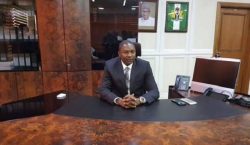







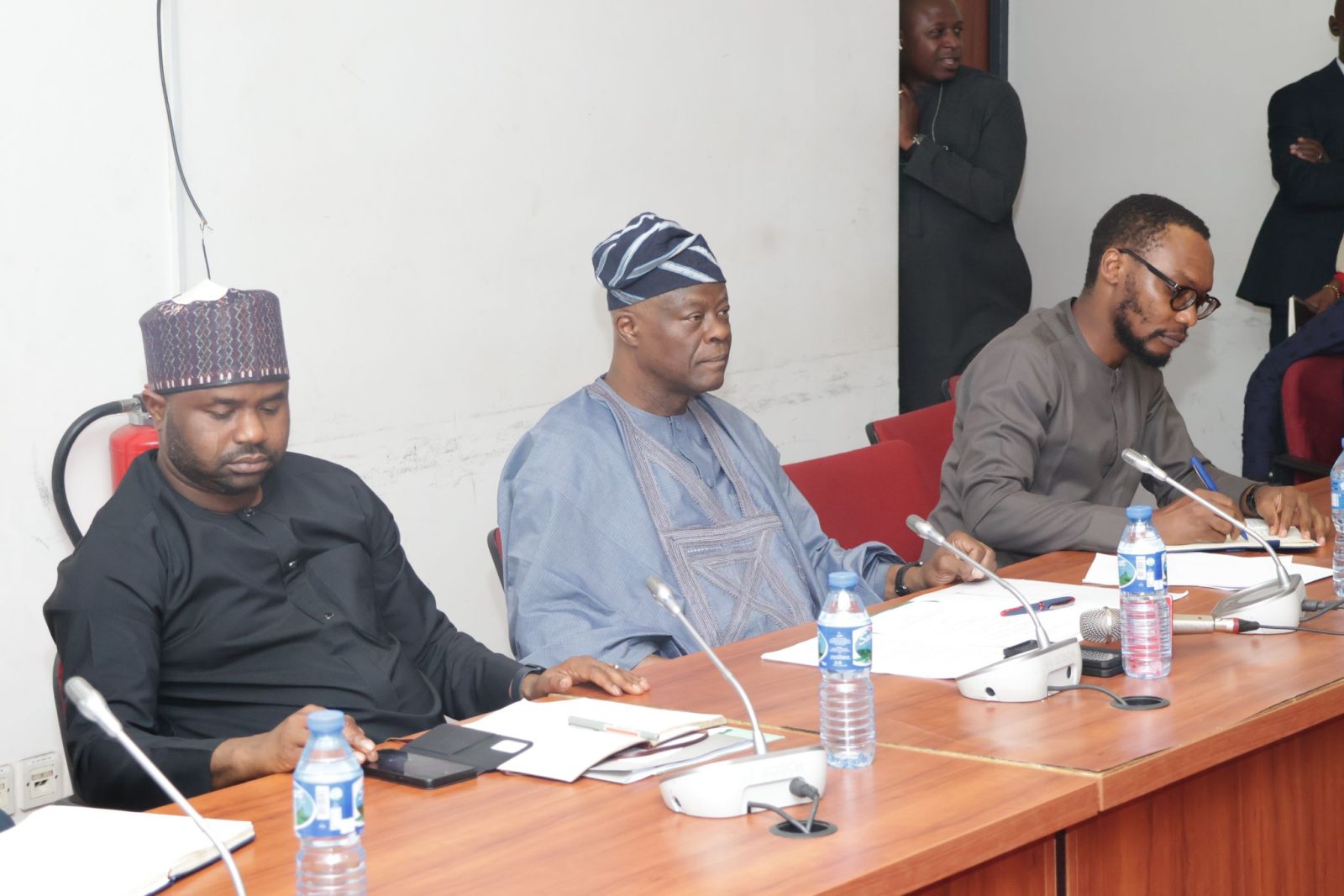
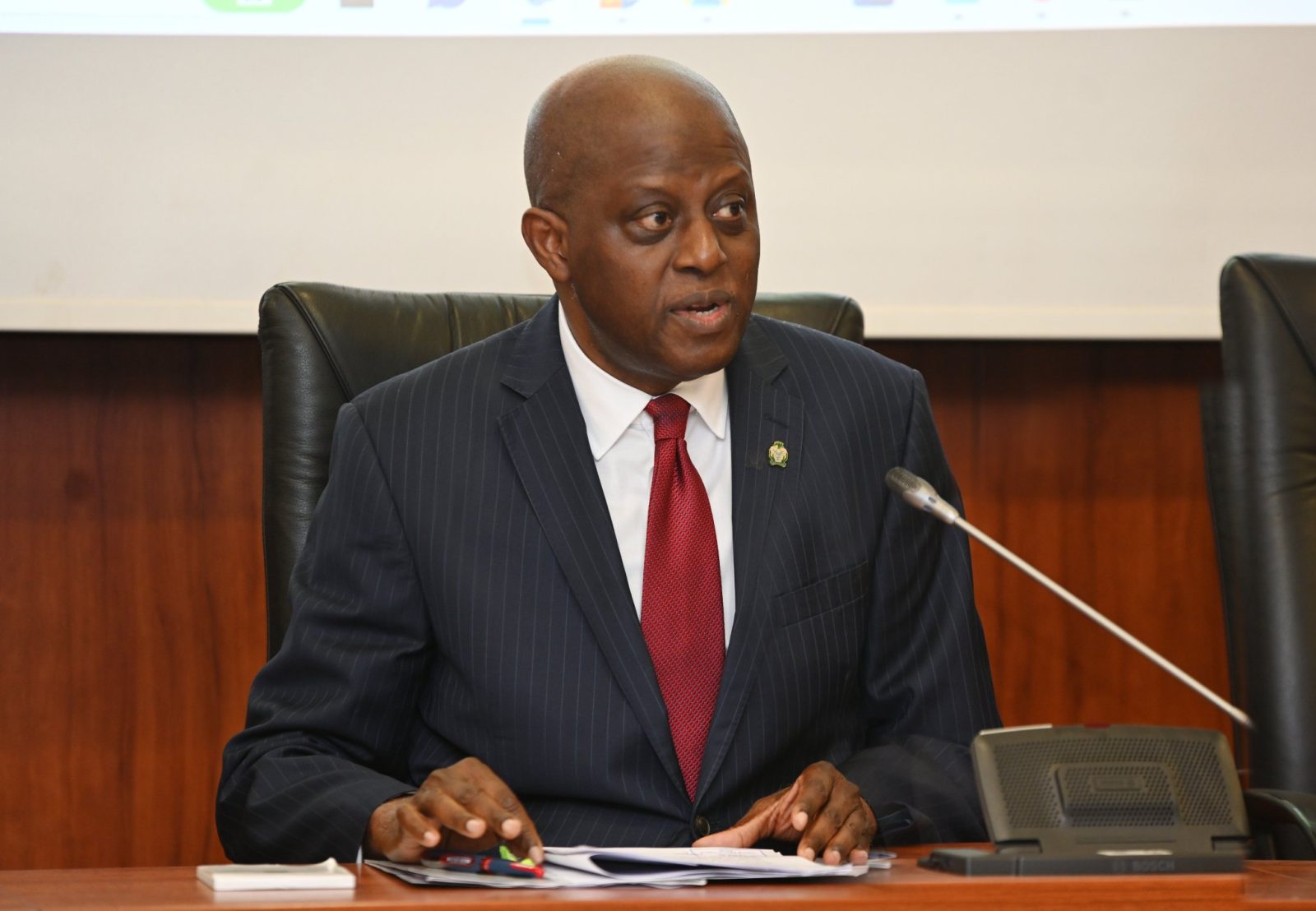

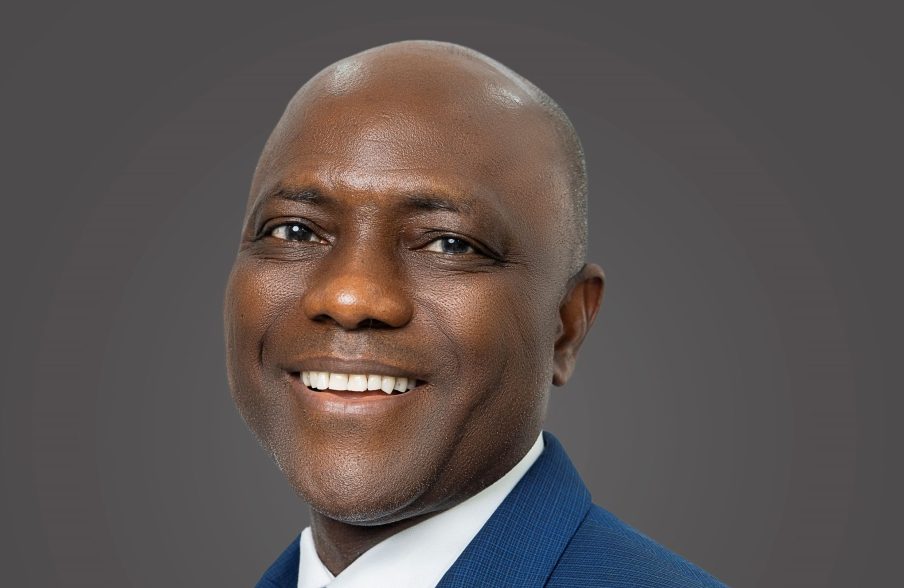
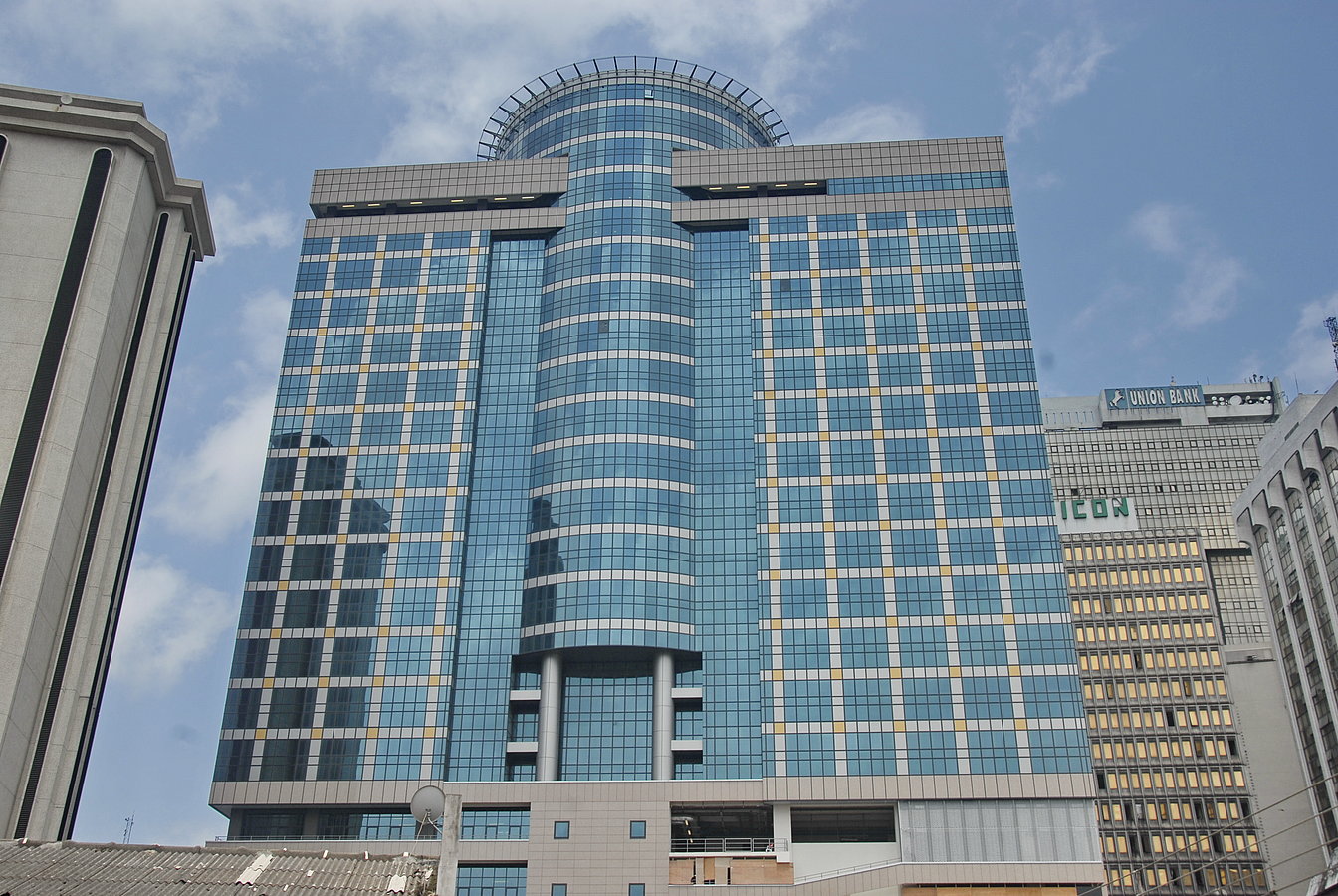
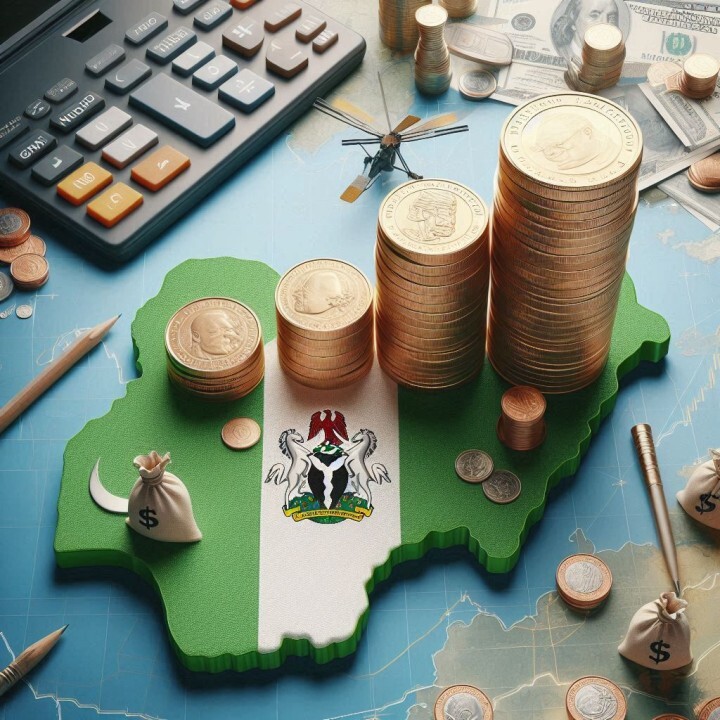
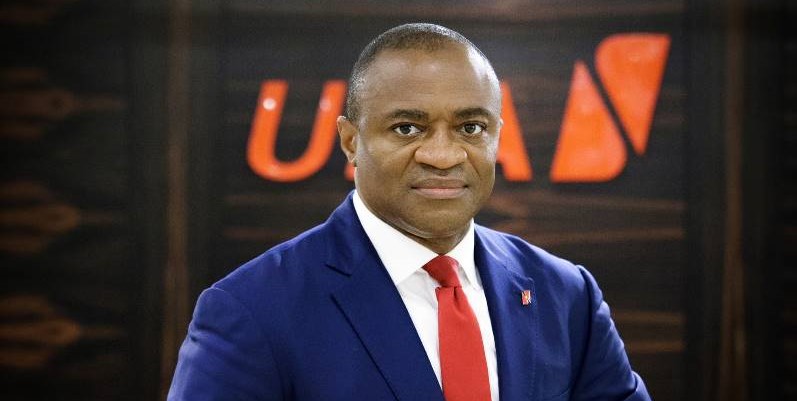

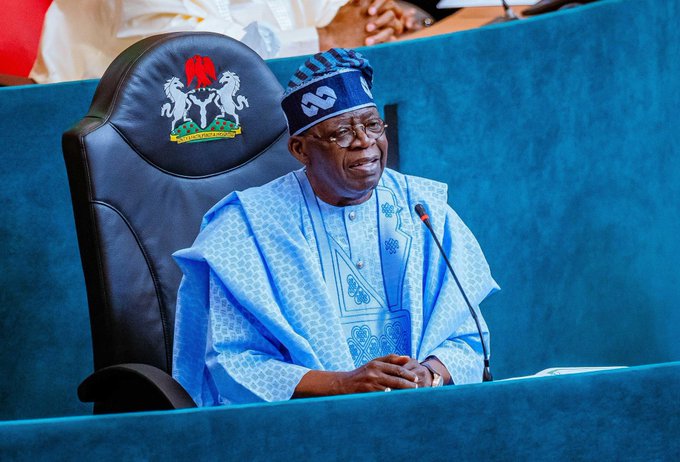

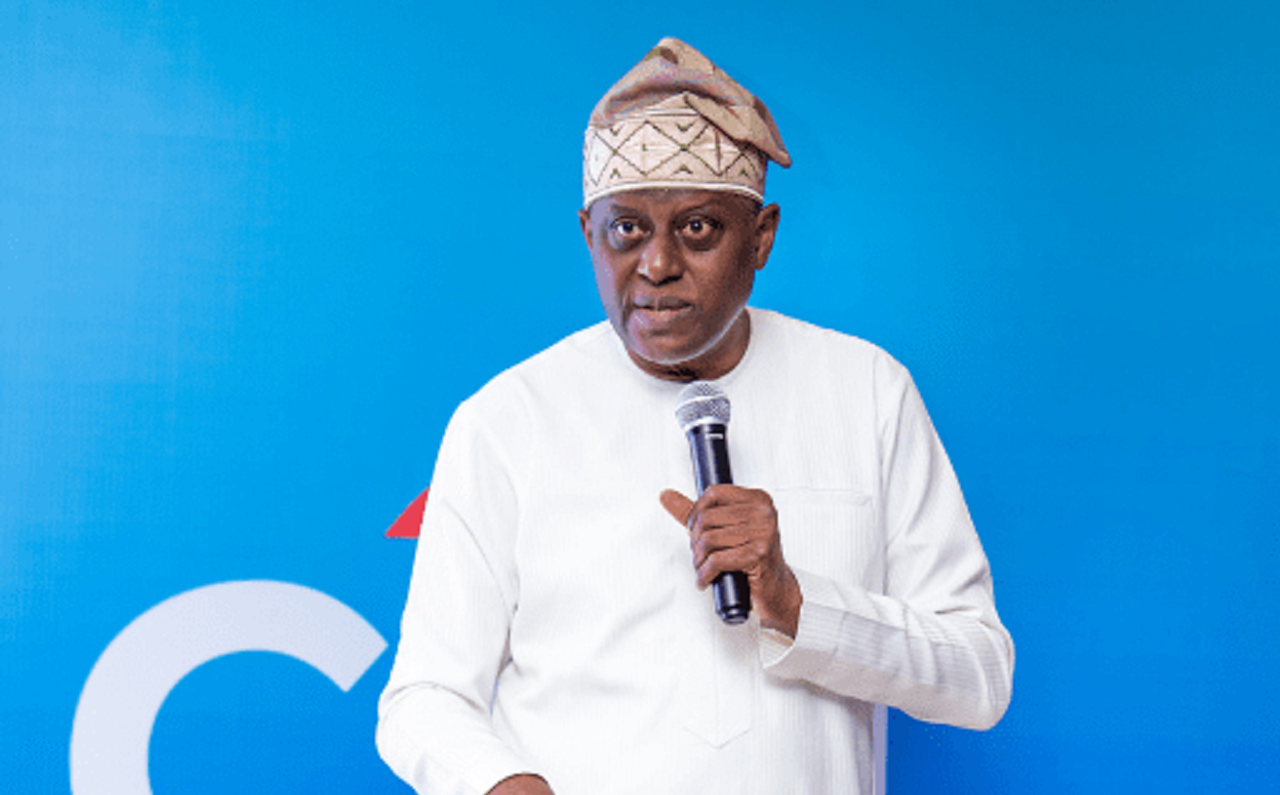
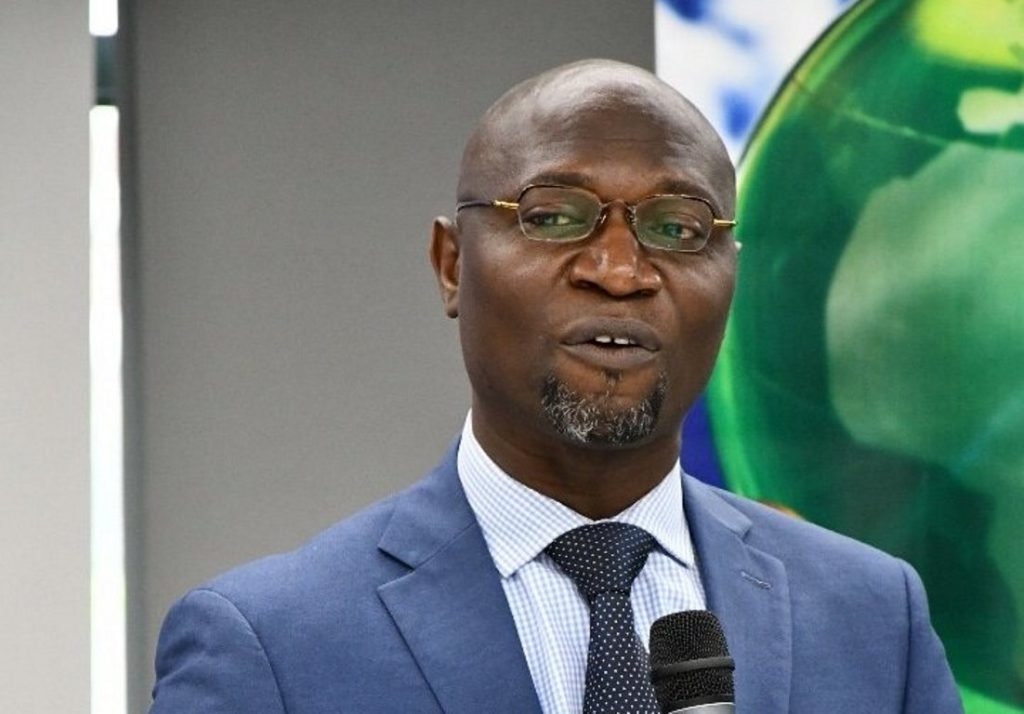
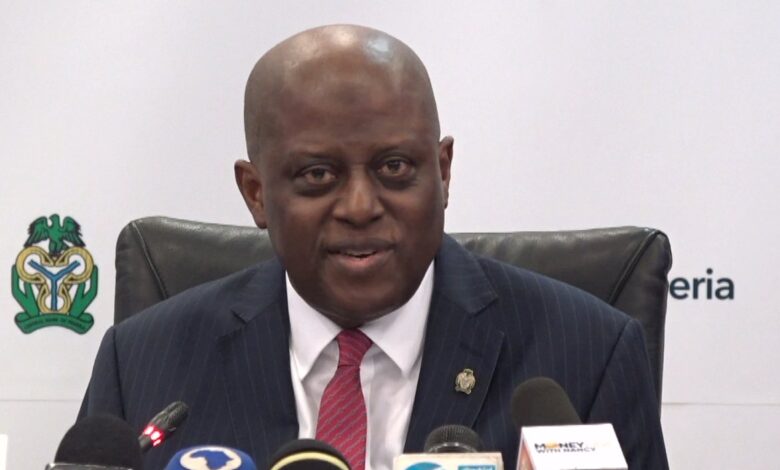

Leave a comment